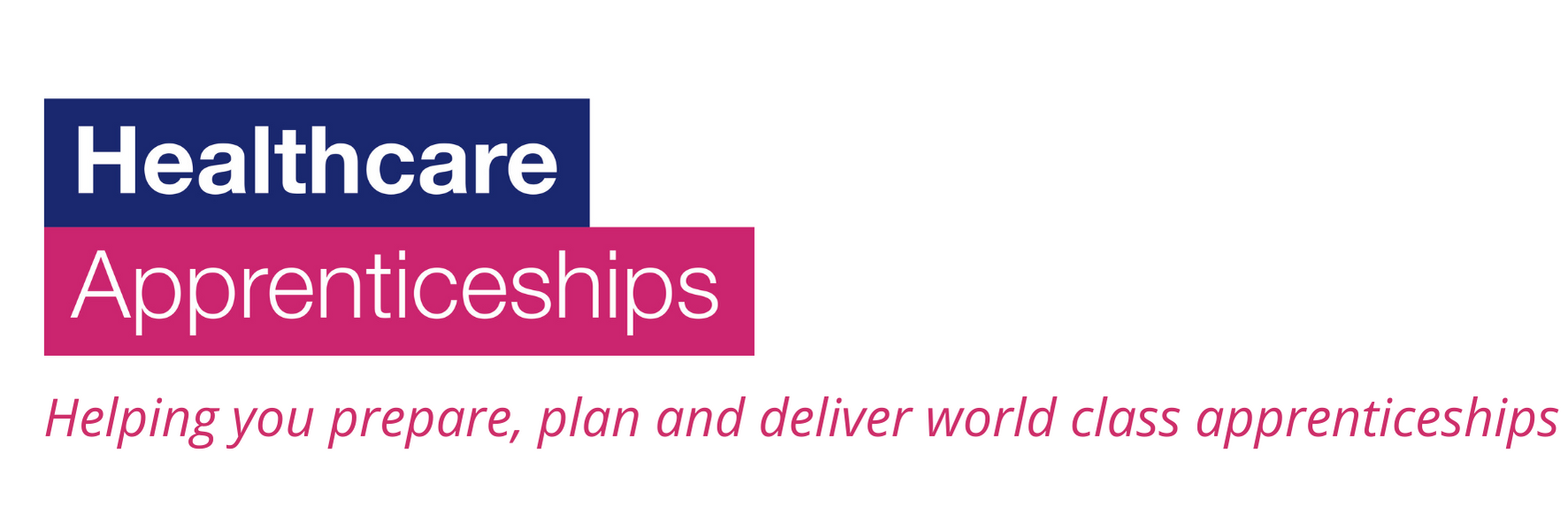K1: The legislation, policies, standards, local ways of working and codes of conduct that apply to own role.
K2: The scope of own practice, limitations of own competence and who to ask for support.
K3: The principles of equality, diversity and inclusion and providing person-centred care and support, including consent, active participation and choice.
K4: The principles of a ‘duty of care’, ‘safeguarding’ and ‘protection’ as they apply to adults and children, the signs of harm and abuse and how to reduce the risk of harm and abuse.
K5: The normal ranges expected when taking physiological, technical and psychological measurements and the significance of a variation from the normal range.
K6: The types of assessment relevant to the individual’s physical and mental health and wellbeing and the factors that may influence and impact assessment.
K7: The signs that an individual is in pain, distress or discomfort.
K8: The signs of change in an individual’s health and wellbeing, including the indications of when to intervene within the scope of practice and when to escalate.
K9: The principles of maintaining nutrition and fluid balance and the signs and symptoms of inadequate nutrition and fluid intake.
K10: Clinical, diagnostic and therapeutic interventions within the scope of own role and the underpinning principles to select equipment and tools in the context of the intervention
K11: The signs that an individual’s health and well-being is changing as a result of a clinical, diagnostic or therapeutic intervention.
K12: Ways to record and store information securely, including the safe use of technology.
K13: The principles of confidentiality, duty of confidence and disclosure
K14: The frameworks and principles of team working including delegation, accountability and supervision in the workplace.
K15: The structural and strategic environment in which health and social care services operate and how these impact on own role.
K16: Methods of communication to use in the workplace, including how to overcome barriers and challenges.
K17: The benefits of digital solutions for improving communication systems and practices.
K18: The meaning of ‘capacity’, the differences between mental illness, dementia and learning disability, and the impact of these conditions.
K19: How to identify and evaluate own learning and development needs.
K20: How to use feedback to create a personal development plan.
K21: Models of reflective practices used in health and care and how reflection can be used to improve own practice.
K22: The principles and styles of leadership in relation to own role and place of work and the relationship between leadership and management.
K23: The tools and techniques used to identify learning needs and learning styles.
K24: The relationship between teaching, coaching and mentoring, and how to evaluate if individuals’ learning needs have been met.
K25: National and local strategies, priorities, and initiatives for promoting and improving public health.
K26: The wider determinants of health such as the contribution of social influences, health literacy, individual circumstances, behaviours and lifestyle choices on health and wellbeing.
K27: The principles of risk management and the hazards and risks associated with the scope of own practice.
K28: The principles of a duty of candour, and techniques for managing challenging situations, unsafe work practices, addressing comments, compliments, conflict and complaints.
K29: The principles of infection prevention and control, when and how to select the right personal protective equipment for self and others and how to handle hazardous materials and substances
K30: How to move and assist individuals safely and how to move and handle equipment and other objects safely.
K31: Methods and indicators used to measure quality, their application in health and care and how they inform a quality improvement plan.
K32: The rationale and ethical considerations for undertaking research activity and how to review literature and interrogate the existing evidence base.
K33: Methods for collecting research data and how to interpret and apply findings to own and others’ practice.
K34: The structure and function of human body systems and how they relate to and impact on each other.
K35: The relationship between health and well-being and the principles and philosophy of the biomedical, sociological and psychological models in providing holistic health and care.
K36: The stages and processes of human development and how health and wellbeing needs vary throughout the lifespan.


